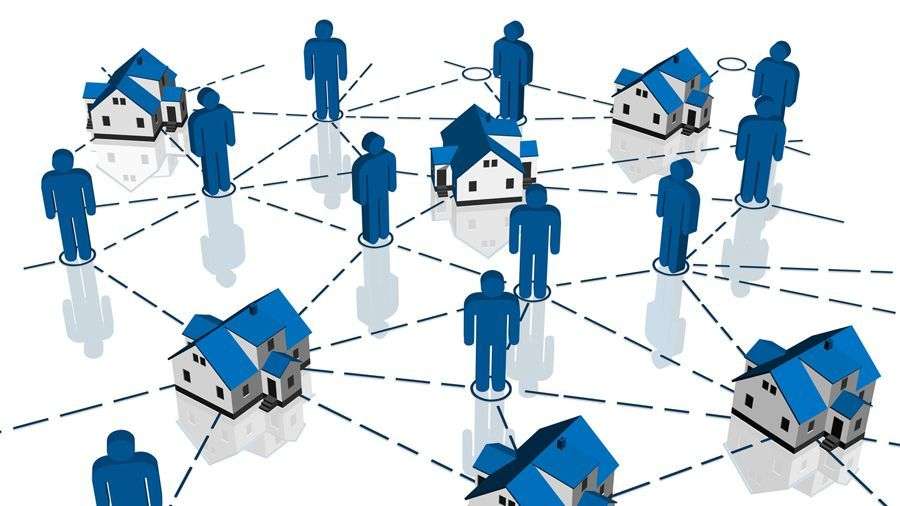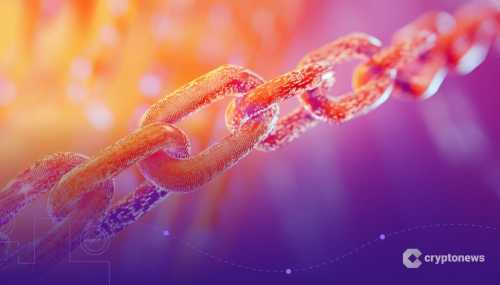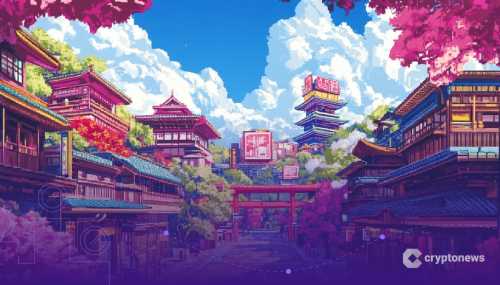UN and LTO Network introduced a platform on the blockchain for registering land rights

The United Nations (UN), together with the startup LTO Network, presented a blockchain-based goLandRegistry solution to help the Afghan government solve real estate problems.
The decision will be demonstrated to the Afghan Ministry of Urban Development this month. The project was developed as part of the UN-Habitat program aimed at sustainable urban development in Afghanistan.
The developers said that the blockchain-based platform will help solve problems that usually arise in slums or temporary settlements, such as land grabbing, their irrational or illegal use.
According to the UN, more than 80% of land ownership in Afghanistan is not registered with municipal or state bodies involved in land management, and residents often do not have official documents confirming the right to own real estate.
The system “goLandRegistry” will be used to record data and issue certificates of ownership of real estate. This will allow land owners to independently verify the authenticity of such certificates using an open-source blockchain-based tool.
The platform operates on the basis of a hybrid blockchain developed by the European startup LTO Network. LTO CEO Rick Schmitz said the hybrid solution will provide decentralized data sharing between stakeholders and allow transparent tracking of records.
In addition, the system will simplify the transfer of property rights and the provision of loans for the purchase of land, as well as automate the payment of taxes. Maurizio Gazzola, Head of Strategic Solutions at the UN Office of Information and Communication Technologies, said that in the future a digital register of land will be available to other countries.
Recall that this spring, Medici Land Government transferred cadastral registers to blockchain in Wyoming County to ensure transparent real estate transactions. Last y e a r, the Abu Dhabi authorities also expressed their readiness to place cadastral records on the SmartHub platform using the blockchain.



